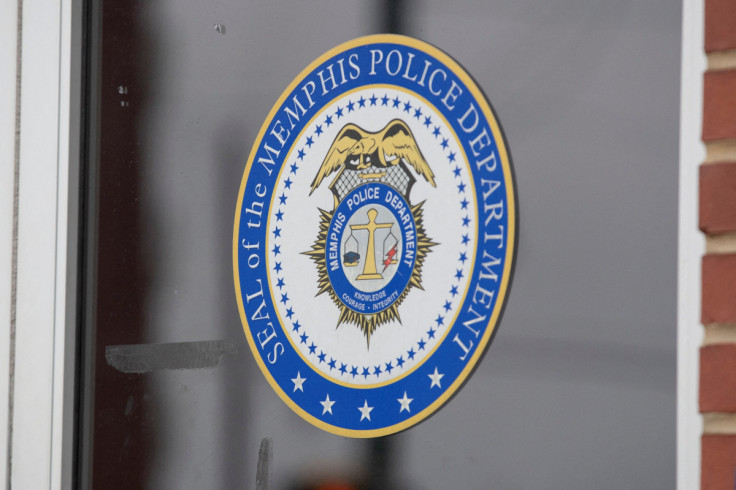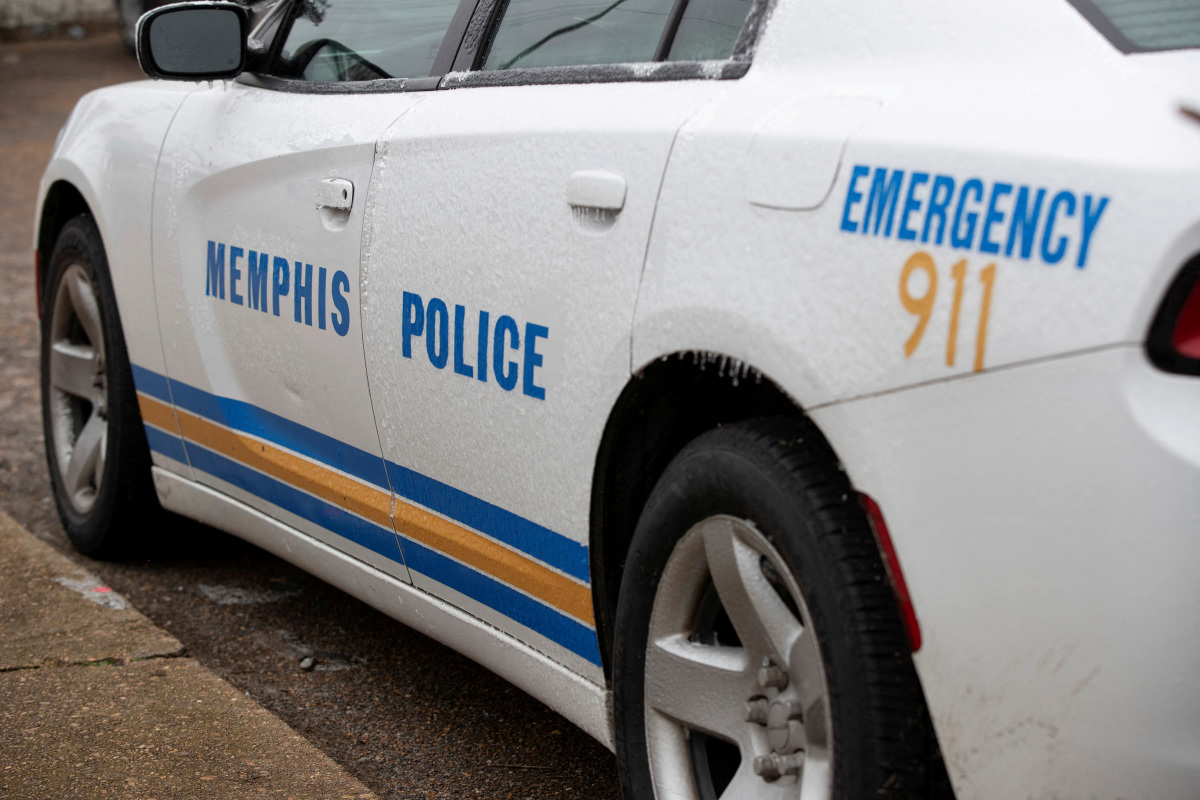Reuters
As soon as next week, the Memphis City Council will consider a raft of reforms aimed at curtailing police violence after the brutal beating of Tyre Nichols by five officers following a traffic stop.
The measures call for more transparency around use-of-force data, increased access to body-camera video and greater power for a citizen review board, according to interviews with council members. City leaders also want to review police hiring.
This isn’t the first time the Tennessee city has grappled with bad policing practices and promised changes. But after Nichols’ beating and subsequent death made Memphis the latest emblem of police brutality against Black Americans, city leaders are facing more pressure than ever to shore up police accountability and hiring standards.
“We cannot allow this moment to pass us by when activism coupled with concern from the community is at its peak,” Memphis City Councilman J.B. Smiley Jr. said. “The time is now for Memphis and this nation.”
Videos released last week showed Nichols crying out for his mother as the five officers kicked, punched and beat him with a baton on Jan. 7, a use of force Police Chief Cerelyn Davis described as “inhumane.” Nichols, 29, died in a hospital three days later.
The beating occurred despite the use-of-force policies that Memphis and other U.S. cities pledged to strengthen after the 2020 death of George Floyd at the hands of Minneapolis police.
Those policies included using only necessary amounts of force and a duty to intervene to stop dangerous conduct by a fellow officer.
Some activists criticized the policies as not enough to overhaul a law enforcement system they viewed as racially biased. The Memphis Police Department did not respond to queries about how the policies were enforced.
Smiley, a Democrat, said he is confident Nichols’ death will embolden the 13-member council to support three ordinances, or local laws, that he plans to introduce at their meeting next Tuesday to bring about more accountability.
Smiley said his proposals would require police to disclose detailed data on traffic stops and excessive force complaints; mandate that body-camera video of incidents involving allegations of misconduct be shared with the council’s attorney and security officer; and ensure a civilian oversight board is informed about the implementation of their recommended reforms.
Community activists also want city leaders to end pretextual traffic stops, in which cops can pull over motorists for something minor in order to investigate more serious crimes. Police said they pulled Nichols over for reckless driving, but Davis has called the basis for the stop into question.
Memphis activist LJ Abraham said she hopes Nichols’ case will persuade the council to take demands for bolder reforms more seriously.
“I think this gives us a bit of an upper hand in what we are asking for,” she said.
HIRING REVIEW
Frank Colvett, a Republican council member, said an examination of police hiring standards and assessment of officers’ mental fitness is needed after the five officers were charged with Nichols’ murder.
“How do we make sure that people like that don’t get anywhere near a Memphis Police officer’s badge?” Colvett asked.
Smiley said they expected the police department and union to push back on some of the reforms. Lieutenant Essica Cage-Rosario, president of the Memphis Police Association, declined to comment, citing the ongoing criminal investigation.
In recent years, city leaders have sought to boost the department’s officer ranks, which dwindled as violent crime spiked. An aggressive recruiting drive increased the number of officers by about 10% from 2017 to 2020. There were 1,941 officers on duty as of January, far short of the city’s goal of 2,300.
As part of the hiring spree, the city dropped a requirement that recruits have an associate’s degree or military experience.
Michael Williams, then president of the Memphis Police Association, said in 2018 that standards had been lowered so much that unqualified officers were patrolling the streets.
The police department did not respond to a request for comment on its hiring practices. The five officers charged in Nichols’ case were hired between 2017 and 2020, and assigned to the specialized “SCORPION” force formed in 2021 to patrol high-crime areas. Davis disbanded the unit last week.
This week on a local television show he hosts, Williams said the revised hiring practices could not be directly tied to the Nichols beating He said Memphis had one of the best training academies in the United States.
“A lot of the officers that we got, even with lowering the standards, have been good officers. You can have officers that have Ph.D.s, master’s and bachelor degrees and they can still be bad – it’s all according to the mentality of the officer,” he said.
Chuck Wexler, executive director of the Police Executive Research Forum (PERF), a policing research organization, said cities should prioritize investment in recruiting and training over more oversight measures to prevent tragedies from occurring in the first place.
In a 2020 survey of some 280 U.S. police departments, PERF found that 71% spent less than 5% of their budget on training, and that the training duration for U.S. police officers was much shorter than in European countries.
“The issue isn’t that you have to watch the police more, the issue is you have to hire the better people, train them better and then supervise them better,” Wexler said.

Reuters







